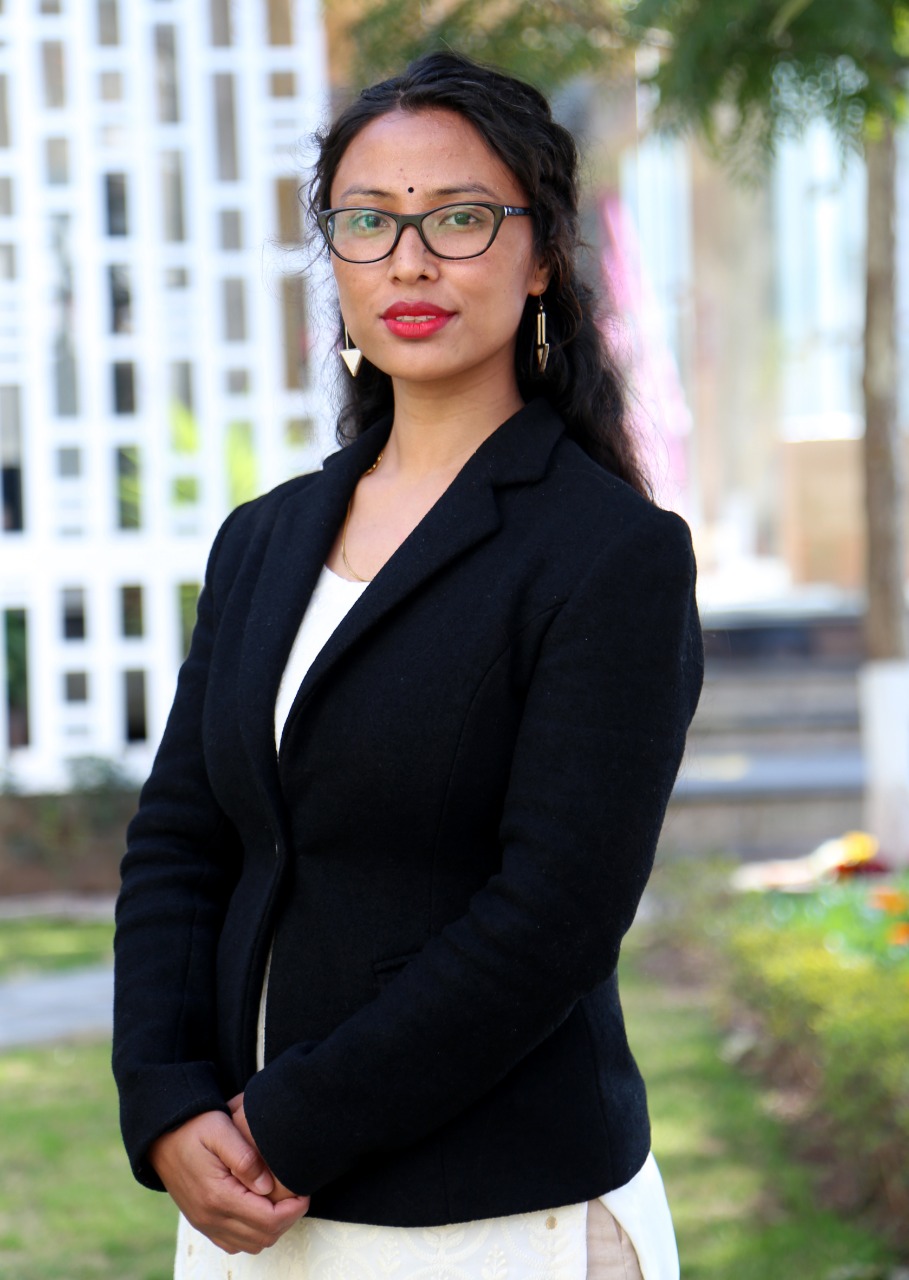PhD Food Technology
Eligibility : Four year graduation degree by research or Master’s degree in related discipline with minimum 55% marks
- Duration : 3 years
- Admission Criteria : Shoolini University's multiple choice entrance test, and assessment of research aptitude through concept note & faculty interaction
The PhD program in Food Technology at Shoolini University is a dynamic and research-intensive endeavour that delves into the intricacies of food science and technology. With a multidisciplinary approach drawing from biology, chemistry, engineering, and nutrition, students explore cutting-edge research areas such as food processing, safety, microbiology, chemistry, and engineering under the guidance of seasoned faculty members.
Emphasising hands-on learning experiences through laboratory experiments, industrial visits, and internships, the program promotes a deep understanding of industry practices and technological advancements. Graduates emerge equipped with the skills and knowledge to lead in research and development, quality assurance, production, academia, and regulatory affairs within the global food sector.
Experienced faculty members from renowned institutions like NCI, USA, NIH, USA, IISc and Oxford teach this program at Shoolini University.
Shoolini University gives its students global exposure through collaborations with leading international institutions to enhance their learning experience. Shoolini has over 250 collaborations with top universities like Lanzhou University, China; Gachon University, Korea; University of Naples, Italy; University of Arkansas, USA; University of Maryland, USA.
Shoolini University is UGC Approved and NAAC Accredited
PhD Food Technology Career Opportunities
- R&D Manager
- Food Science Researcher
- Research Analyst
- Nutritionist
- Food Technologist
- Food Processing Manager
- Quality Control Inspector
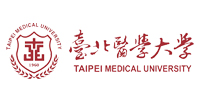
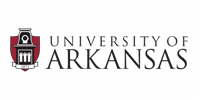
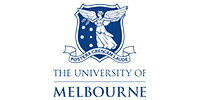
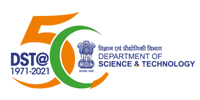
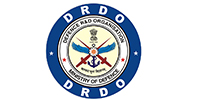
Program Details
Top Faculty
Student Voices
Top Campus Recruiters
Some of the major companies that visit our campus and hire our graduates are:
Frequently Asked Questions
Why is PhD study important?
Enrolling in a PhD program helps you begin or continue research in the field you're passionate about. You can delve deeper, make new discoveries, improve conceptual tactics and apply those concepts through the research conducted. You can decide what to work on, how to work, and chart your journey with support and guidance from a supervisory team.
Can I do a PhD without a Master's degree?
Students with a minimum CGPA score of 7.5/10 in the four-year-undergraduate program (FYUP) will now be eligible for PhD admissions, without having to complete a master’s program, according to the new regulations on the award of PhD degree finalised by the University Grants Commission (UGC).
Do rankings matter for a PhD?
The institution's accreditation by appropriate agencies means the program meets high standards of academic excellence. However, other factors, such as the field of research, number of publications, collaborations, etc., are also considered.
Will a PhD enhance my career prospects?
Doctoral programs require intensive training in research methods. This includes interviews, surveys, questionnaires, clinical trials, and laboratory experiments. These skills are put into practice when the candidate conducts fieldwork for the dissertation. Skills gained in qualitative and quantitative research methodology and statistical analysis are transferable to non-academic research environments, particularly for industrial research. In addition, employers outside of academia seek individuals with sound research skills to carry out projects at think tanks and research institutes in both the private and government sectors.
Why should I pursue a PhD from Shoolini University
Shoolini University is India’s No.1 research university. It follows a unique One Student, One Patent policy that encourages all PhD students to focus on real research and innovation. The university has more than 104 modern labs to support your work. Shoolini researchers are also listed among the top 2% scientists in the world by Stanford University. With 250+ international collaborations, you can work with global experts and institutions.
Latest Blogs
Explore the latest insights and updates in our newest Shoolini University blogs!
Still have Queries? Contact Us
Please fill in the form and an expert from the admissions office will call you in the next 4 working hours.

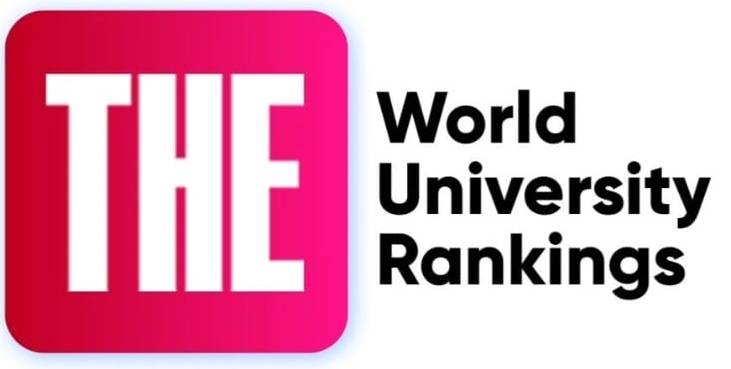



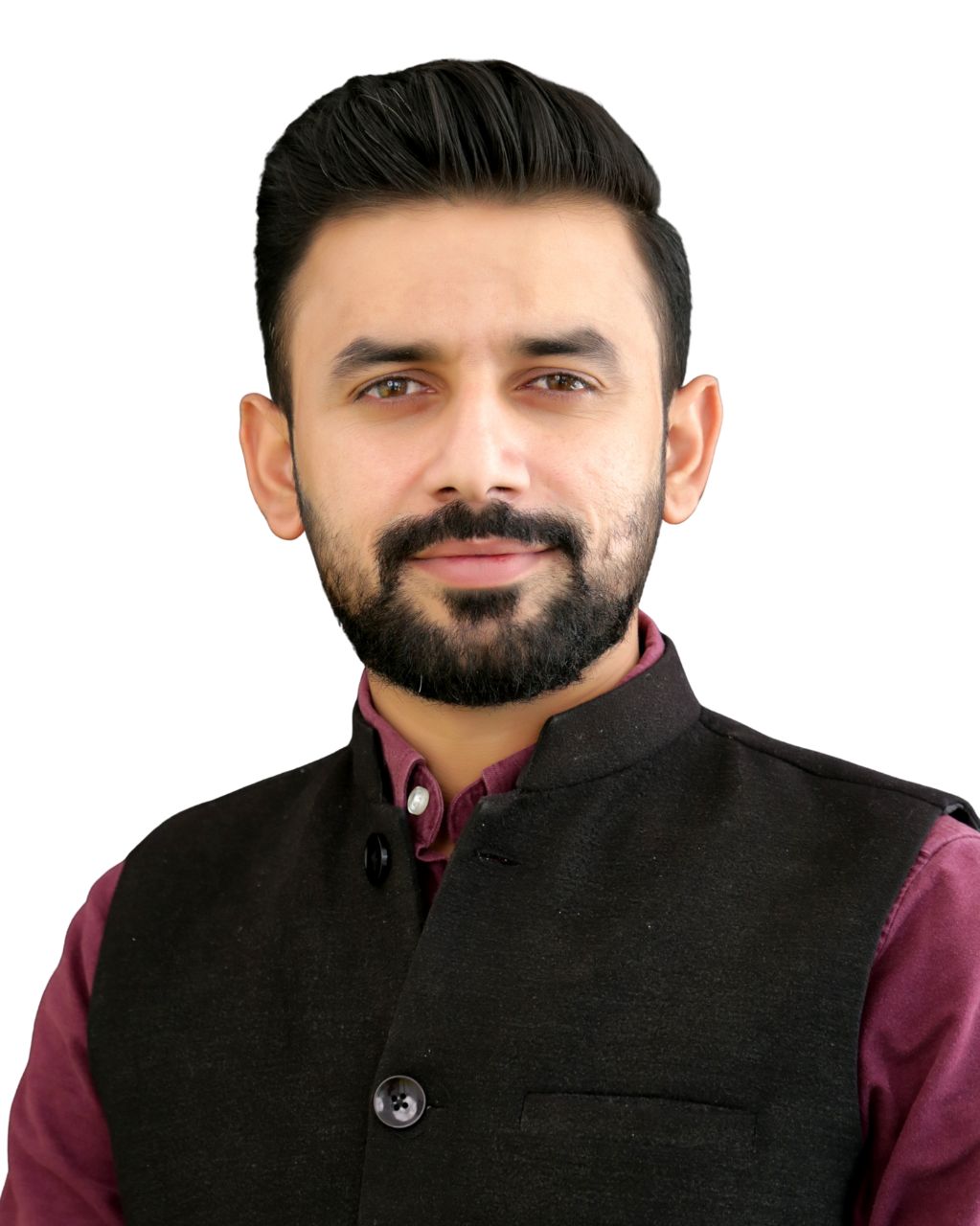

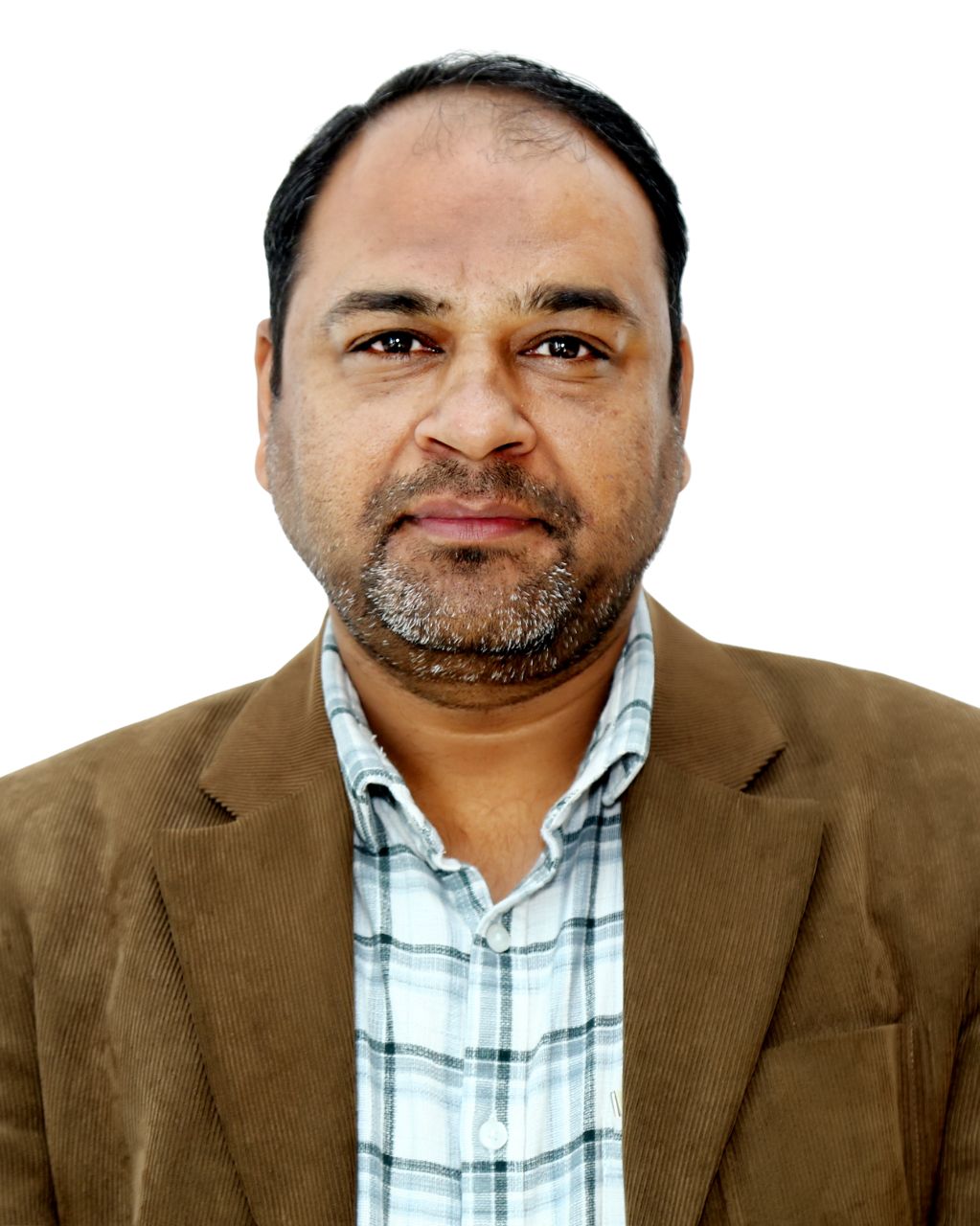
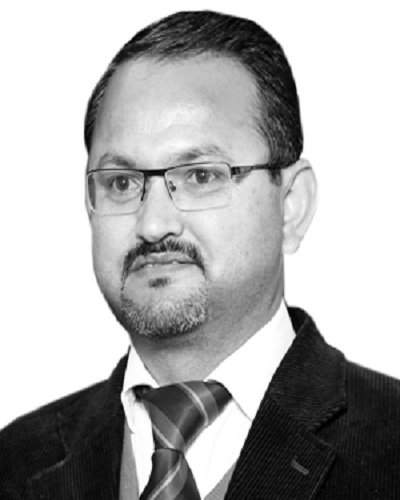

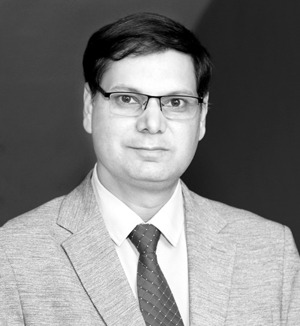
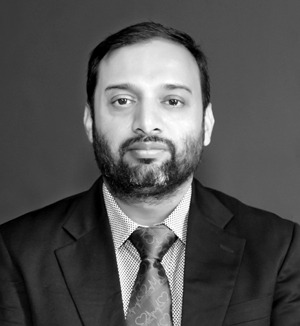
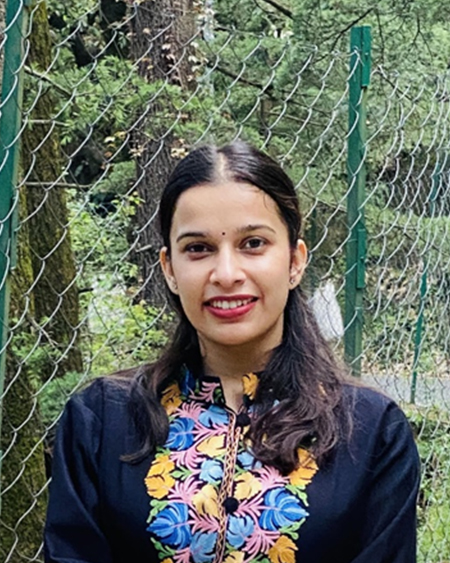

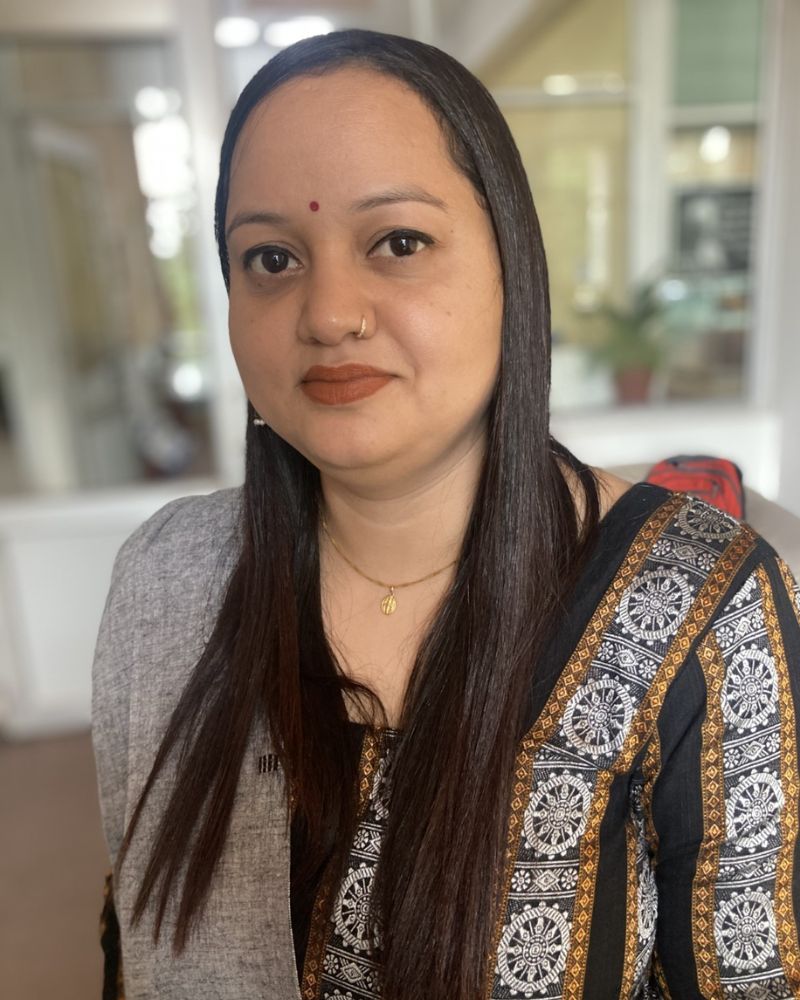
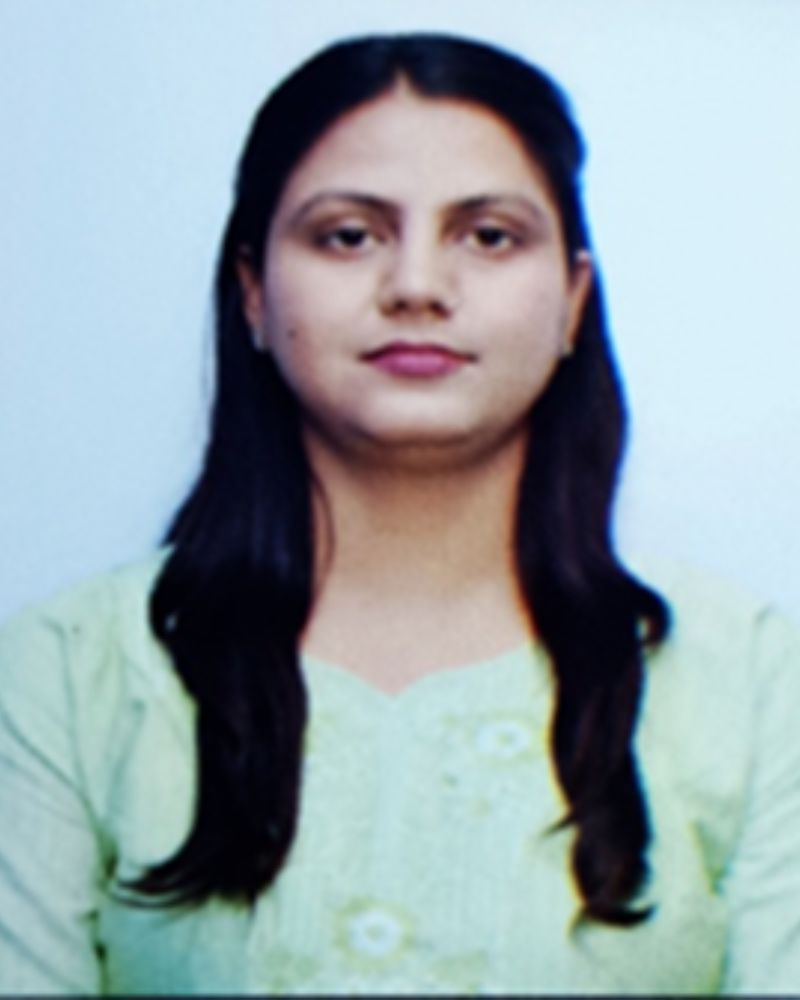
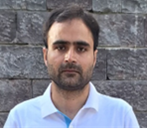
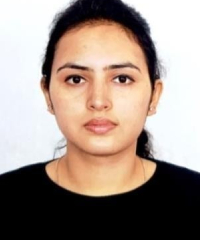


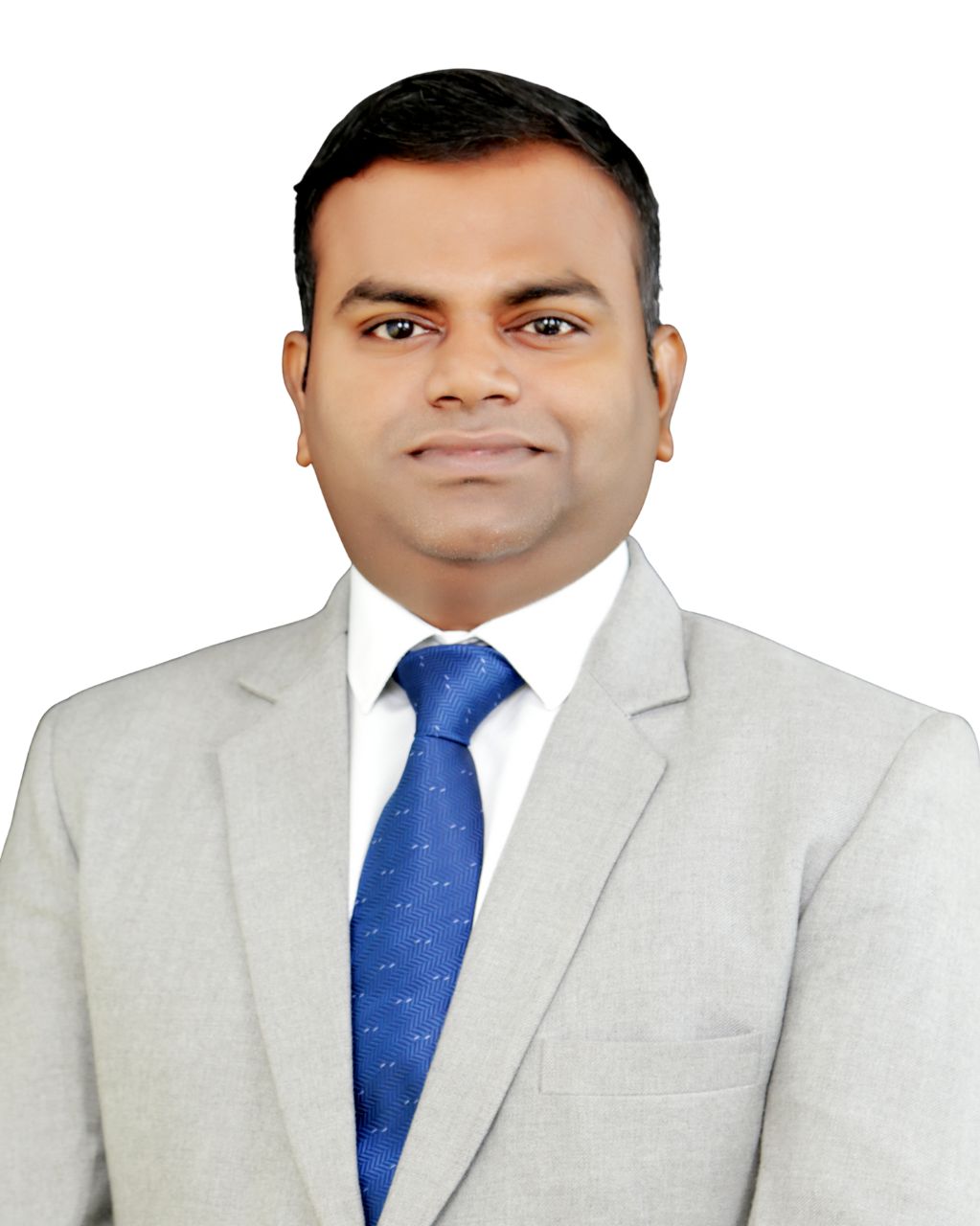


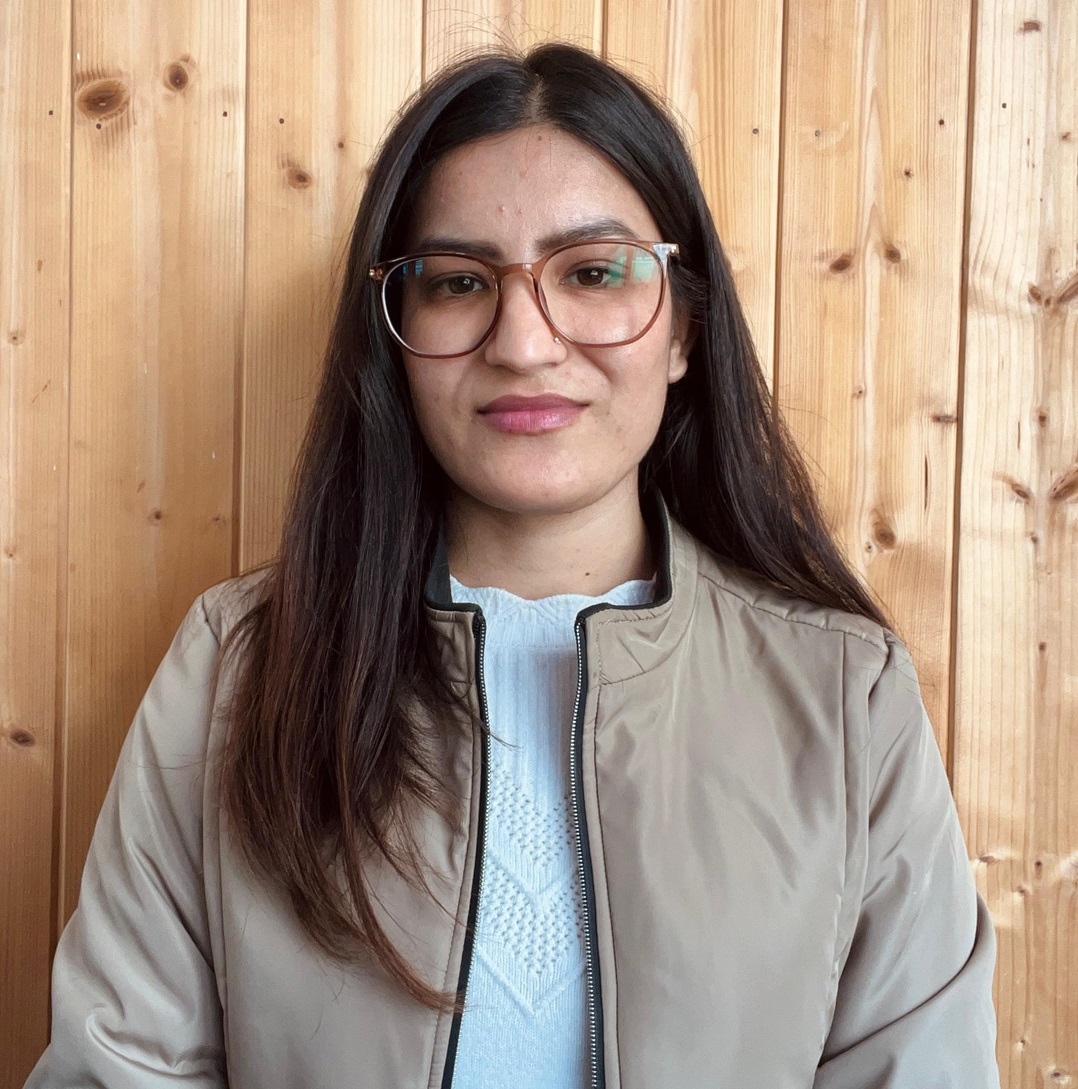

.jpg)
.jpg)
